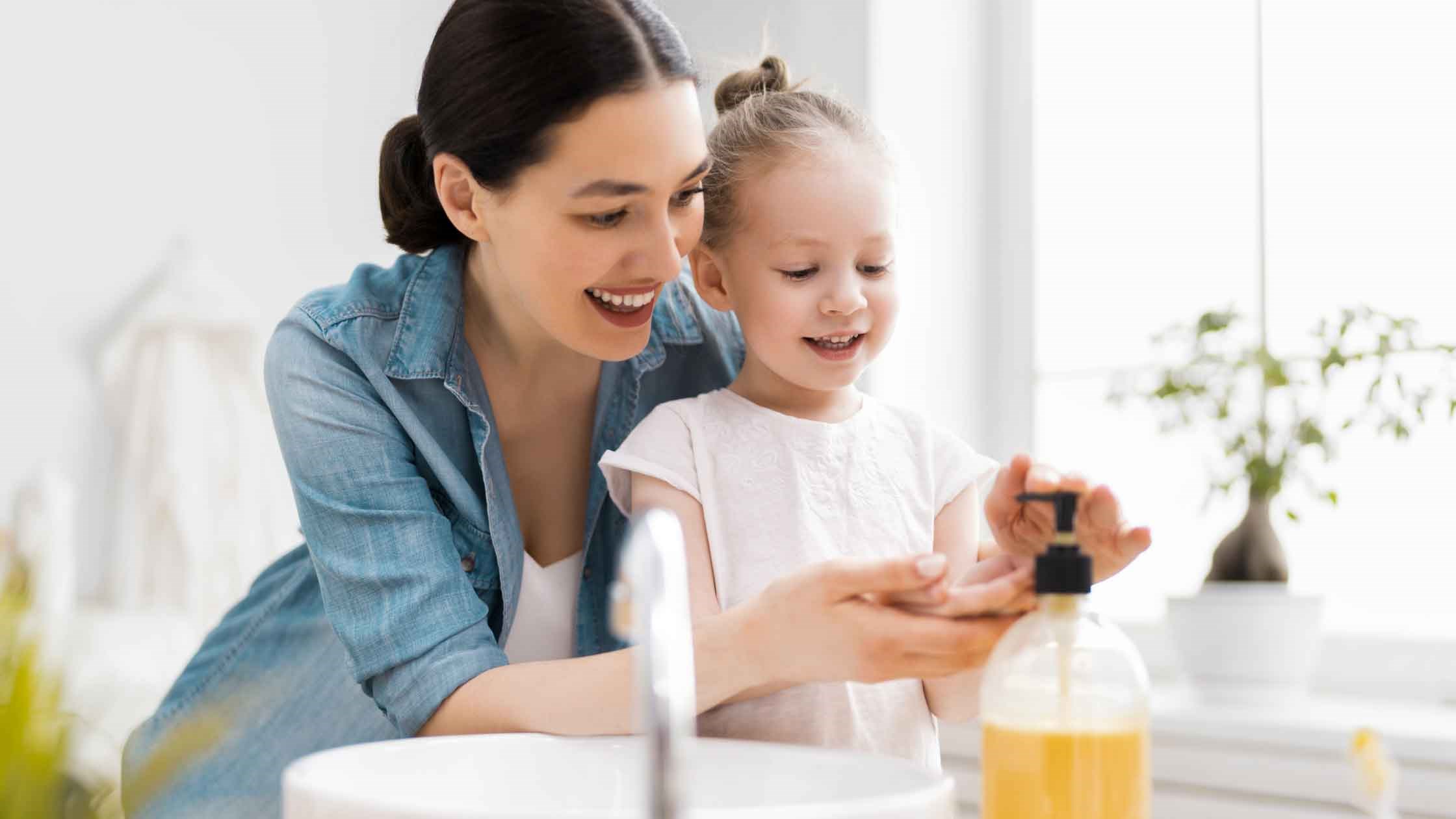Understanding the signs of constipation in children

Constipation in childhood occurs more often than you might think. This happens when your child has stools that are hard, which may result in far less bowel movements and a lot of discomfort. Almost 1 out of 20 visits to a pediatric provider is due to constipation.
Here’s what every parent should know about constipation in children and how to catch it early!
What do normal bowel movements look like?
The appearance of bowel movements is dependent on the child’s age and diet.
- Breastfed children – Stools may have more of a yellow tone and look grainy.
- Formula-fed children – Stools can look similar to a peanut butter texture.
As more solid foods are incorporated over time, stools will continue to change. Eventually, parents can expect older children who are potty trained to have soft banana-shaped stools daily.
How to recognize constipation in a child.
Symptoms of constipation in children can include:
- Under three bowel movements over the span of a week
- Stomach pain
- Blood covering the outside of a hard stool
- Bowels that are tough to pass, these are usually hard and dry
- Extreme discomfort or straining during a bowel movement
- Watery or stool marks in a child’s underwear, indicating a backed-up rectum
Signs of children withholding stools.
A child’s fear of having a bowel movement is also important to pay attention to. Some children are frightened at the thought of having a bowel movement, often because they may think it will hurt or they might remember a time when passing stools was in fact a painful experience. In other scenarios, children simply are not ready to pause or end playtime.
In these situations, it’s common for children to hold in their stools and avoid going all together for as long as possible, hence making constipation worse. Signs of withholding stools can appear as your child unexpectedly hiding, squeezing their bottom, twisting their body or making strange faces. When left untreated, constipation can lead to encopresis, a condition resulting in toilet-trained children passing bowels in their clothes or before they can make it to the restroom. One of the most common causes of encopresis is constipation. Encopresis is found to be more common in boys and affects 1-4% of children at the age of 4.
How to care for a child with constipation.
Sometimes parents find that their child’s constipation can be cured at home with increased water intake, a balanced diet rich in high-fiber foods or over-the-counter supplements. If constipation worsens you may notice your child eating less, have bloating or extreme stomach pains, nausea or reflux and diarrhea (bowel overflow).
If you’re unsure of what to do or at-home treatment isn’t working, we always recommend having your child get checked out by a pediatric care provider so we can understand the big picture and ensure no important information is missed. All parts of your child’s health are important to us and we’re here to help!
Does your child struggle with constipation?
To book an appointment, please click here.
Regardless of the date published, no content on this website should ever be used as a replacement for direct medical advice from your primary care provider or another qualified clinician.






